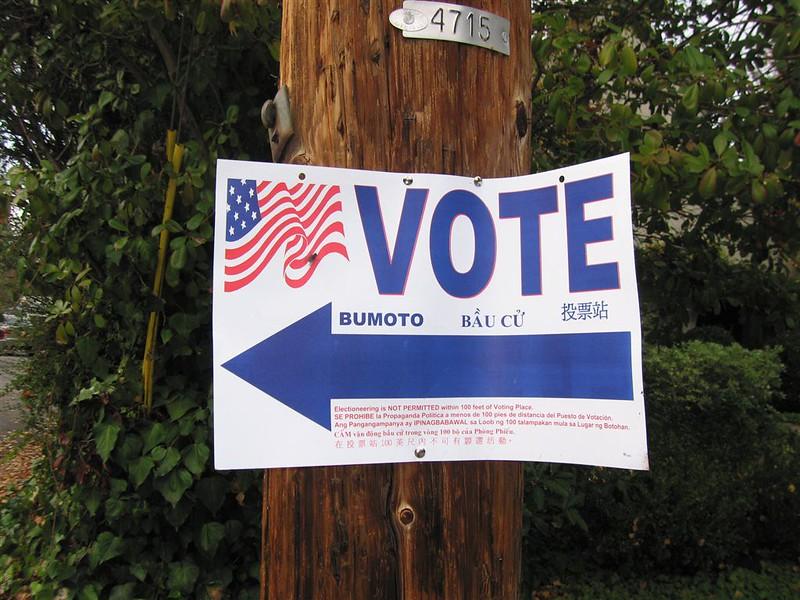The 2020 election year has shaped up to be among the most controversial yet. From concerns about Joe Biden’s mental capacity to a twitter account for the fly on Mike Pence’s forehead, America has seen its fair share of firsts in the events leading up to the election. Aside from the laughter coming from both ends of the political spectrum, we also have a lot of reality on the table as we vote.
Raging wildfires in the western United States, rising temperatures, and other weather events straight out of Hollywood are appearing in the news more frequently than ever. USA Today published a statistic from the Scripps Institution of Oceanography revealing that carbon dioxide levels are at a place “the world hasn’t seen in 800,000 years.” This article also claims that while the majority of Americans are seeking policy changes to combat this on a national level and many voting for Biden state that the environment is a major factor in their decision, the Trump Administration would rather turn a blind eye to the mounting problems we face daily.
Another topic we see hurled about in debates and political advertisements is the state of the US Economy. Trump has been praising pre-COVID economic success in America, which he attributes to the efforts of his administration, while others debate whether or not this success was piggy-backed on the prolonged effects of the Obama administration in the years prior. A factor to consider in all of this? Whose success it was is irrelevant. The COVID-19 pandemic has wreaked havoc on the U.S. economy that was looking up prior to March 2020. Since March, the GDP growth of our economy has decreased by 31.40% according to Forbes Magazine. Unemployment has also spiked up to 14.7% at its highest this year.
Civil unrest has also seen a spike in the last year. Following the killing of George Floyd in the evening of May 25 viewed by many in a (filmed) episode of police brutality, the world headed to the streets to protest. Breonna Taylor and Elijah McClain, both of whom were killed by police brutality in 2020, have also sparked outrage among social activists, allies, and members of the Black community. Again, Trump’s response has been debated over and over, some claiming he is actually condemning white supremacy and other sources pointing to instances where he would refuse to do so directly, namely on the national debate stage in early October.
Finally, there is COVID-19 itself, which has emerged as a leading issue in all presidential campaigning in 2020. Biden’s campaign and other sources point fingers at the Trump administration’s ability to effectively handle the crisis, or frankly, its lack thereof. Unfortunately for Trump, the numbers are not in his favor. One statistic that is frequently mentioned, including in an article on the pandemic by The Atlantic, states that while the United States represents only 4% of the world population, it accounts for nearly a quarter of global COVID-19 cases. Likely, this results from a widely-reported lack of testing, lack of supplies, lack of policy, and even lack of professionalism from the incumbent President and his administration. A recent quote from Mr. President states that doctors are overreporting cases in the United States to increase their paygrade.
What does this all mean for voters? It means we should be voting, at the very least, to support the candidate which we feel can improve the country. More importantly, our votes should be cast for the problems we recognize, the changes we want to implement as a nation, and the outcomes we want to work towards. While there are many of us, and the outcome of this election relies heavily on the Electoral College, we each have an opportunity to make change, and we should use it.
In more ways than one, our country stands at a crossroads, and the path which follows affects the future of this country. Technically, we can say this about any presidential election, yet in modern times this election has much riding on it on both a national and global scale. How we vote and how the counts add up have a direct relationship to the future of the United States and can determine whether or not we head towards the future with success, or with more trials ahead.
Featured Image courtesy of hjl via Flickr Creative Commons
















































































































